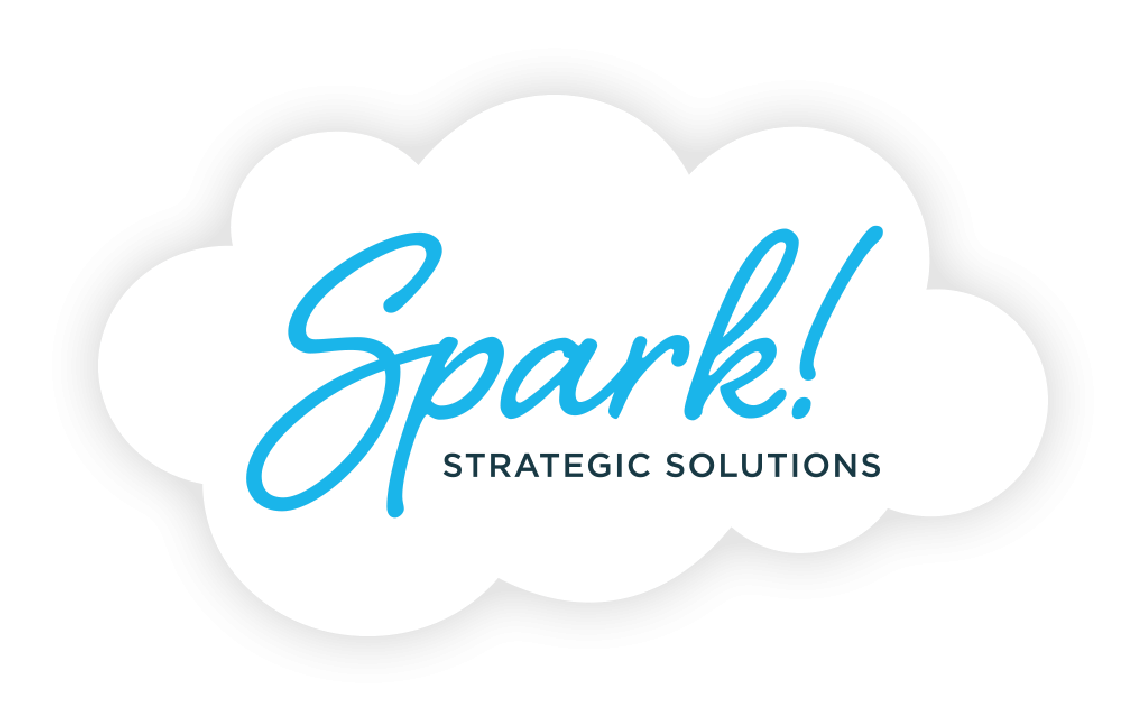
These first few months of 2023 sure have been a rollercoaster ride. From layoffs to 20+ feet of snow in California, and rising inflation juxtaposed with the lowest unemployment rate in decades. What the rest of the year holds is for us to decide. Even when times are hard, we are challenged to practice JOY—just observe yourself.
When employees experience burnout, they often feel emotionally, physically, and mentally exhausted, leading to decreased productivity and increased absenteeism. This can cause a ripple effect throughout the company, as tasks may not be completed on time, customer satisfaction may decrease, and employee morale may suffer.
According to
Mental Health America, “Positive emotions can decrease stress hormones and build emotional strength.” When we use our emotional strength to rebound from negative experiences, we call this resilience.
Encouraging
open communication and creating a supportive work environment is one of the most robust ways to increase resilience for yourself and your team. When employees feel comfortable discussing their challenges and seeking support from their colleagues, they are better equipped to cope with stress and adversity. Employers can foster this kind of open communication by creating regular opportunities for employees to share their thoughts and feelings, such as through team-building activities, one-on-one meetings, or anonymous feedback channels.
Although it might seem counterintuitive, promoting
self-care and prioritizing
work-life balance is essential during uncertain times. When people care for their physical and emotional well-being, they are better equipped to produce high-quality work. Employers can support self-care by offering wellness programs, flexible work schedules, and time off for personal reasons. Encouraging breaks throughout the day, such as lunch breaks or walking meetings, can also help employees recharge and refocus.
It’s important to remember to focus on what you can control, rather than what you can’t. For example, if you're feeling overwhelmed by a heavy workload, you can prioritize your tasks, delegate responsibilities, and communicate with your supervisor about your workload.
On the other hand, if you're feeling stressed about a global pandemic or political turmoil, you may not be able to directly control those events, but you can control how you respond to them.
Strong
connections with coworkers can provide a sense of support, camaraderie, and purpose in the workplace. Building relationships with colleagues can be as simple as taking the time to have a conversation over coffee or participating in team-building activities and social events. By getting to know your coworkers on a personal level, you can develop a sense of trust and collaboration that can help you navigate difficult situations and overcome challenges together. Additionally, fostering positive relationships in the workplace can help create a sense of belonging and a positive workplace culture, ultimately improving job satisfaction and overall well-being.
Even when the outside world is chaotic, we can choose to cultivate positivity, resilience, and a sense of calm within ourselves. By focusing on self-care, open communication, and building connections with colleagues, we can create a positive and supportive work environment that helps us navigate challenging times with grace and strength. Ultimately, staying positive at work requires an intentional effort, but the benefits of a positive attitude can be profound, both for ourselves and those around us.
Empty space, drag to resize



